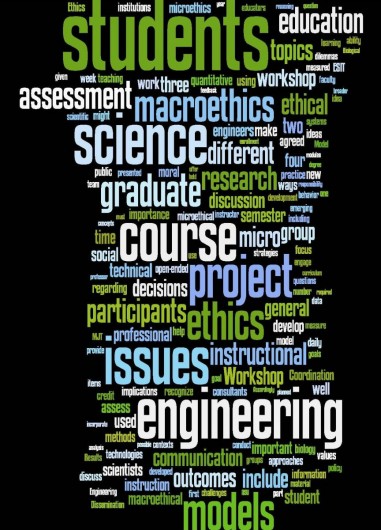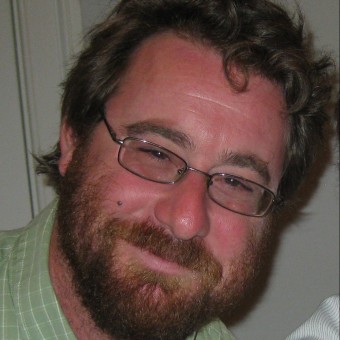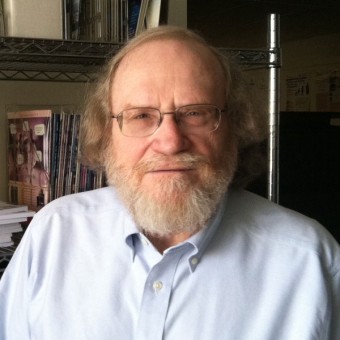Integrating Microethics and Macroethics in Graduate Science and Engineering Education: Development and Assessment of Instructional Models
Program Areas – Responsible Innovation, Archived
 Began: 2008
Began: 2008
Ended: 2012
This three-year research and education project is designing and refining innovative instructional models for graduate students in emerging areas of science and technology, assessing the strengths and limitations of each model, and developing models that reflect a recent imperative of ethics education in science and engineering – the integration of microethical and macroethical issues.
The project’s goals are to:
- formulate educational outcomes for the integration of micro- and macroethics in graduate science and engineering education
- develop and pilot different models for teaching micro- and macroethics to graduate students in science and engineering
- assess the comparative effectiveness of the instructional models
- facilitate adoption of the instructional models and assessment methods at other academic institutions
- provide for widespread dissemination of course materials and assessment results in the engineering, science and ethics education communities
The project plan has four main components:
- a Coordination Workshop
- four instructional models for integrating micro- and macroethics in graduate science and engineering education
- comprehensive project assessment, including comparison of the effectiveness of the models
- a Results Dissemination Workshop
The models included in the project are:
- a stand alone course on societal implications of science and engineering
- micro- and macroethics material embedded in a required science course
- online instructional modules
- engaging ethics in the lab
The project team includes an interdisciplinary group of ethics, science, engineering, science & technology studies, and communication faculty at Arizona State University, an Advisory Council of faculty from four other universities of varying mission, size and geographical location; and three consultants with national reputations in science and engineering ethics education.
A number of publications and presentations resulted from the work of this project.
Intellectual Merit
The most significant intellectual benefit of the project is the potentially transformative integration of micro- and macroethics instruction in graduate science and engineering education. Many scholars (including members of the project team) have been calling for such integration, but to date little consideration has been given to what it means to achieve such integration and how to achieve it. This project will answer these questions by formulating educational outcomes and developing and piloting instructional models in four different learning environments.
A second intellectual contribution of the project is the comprehensive plan for project assessment. Little research has been conducted regarding graduate science and engineering ethics education that systematically assesses and compares efficacy of instruction. The proposed project provides such assessment in a number of realms, including moral judgment maturity, sensitivity to ethical issues in science and engineering, learning outcomes for integration of micro- and macroethics, and the influence of instructor-student communication on student outcomes. The development of learning outcomes and systematic assessment of the degree to which those outcomes are achieved across instructional models will provide new information for those involved in designing and delivering graduate education in science and engineering.
Broader Impacts
The project is designed to develop, refine and assess innovative models for teaching micro- and macroethics to graduate students in emerging areas of science and technology that can be transferred to other universities and learning situations. This is being accomplished through the inclusion in the project of participants from multiple fields and multiple institutions, including a four-person Advisory Council for the duration of the project and 8-10 additional participants at a Results Dissemination Workshop. The project team provides teaching and assessment resources to the Advisory Council members and workshop participants to assist them in adopting project instructional models.
ASU and the institutions represented on the Advisory Council serve diverse student populations, and several are among the top ranked universities granting doctoral degrees to minorities in science and engineering. The project thus provides the opportunity to carefully develop curricula that address ethical issues that students, including underrepresented groups, will face as scientists and engineers at both the individual and societal levels. This, in turn, will affect not only their work as researchers and practitioners, but also their broader interactions with society. Knowledge gained from development of instructional models and project assessments can be applied across other related fields as well, as strengths and weaknesses of ethics education models are disseminated through project workshops, the project Web site, publications and conferences. The assessment of student-teacher interaction variables brings theoretical and empirical foundations from the discipline of communication studies and provides the opportunity for translation of results across traditionally separated domains.
Support
This project is funded through a grant from the National Science Foundation through its Ethics Education in Science & Engineering (EESE) program. Groundwork for the embedded model, lab engagements, and stand alone courses was developed in part through the Center for Nanotechnology in Society at ASU.
Meet the Project Team
Principal Investigators
Additional Team Members
-
Heather Canary
-
Karin D. Ellison
Associate Director Center for Biology and Society
-

Jameson M. Wetmore
Co-director of CENTSS, Associate Professor
-

Braden Allenby
Professor Civil and Environmental Engineering
-

Ira Bennett
Co-director of CENTSS, Clinical Associate Professor
-
Jonathan Posner
University of Washington
